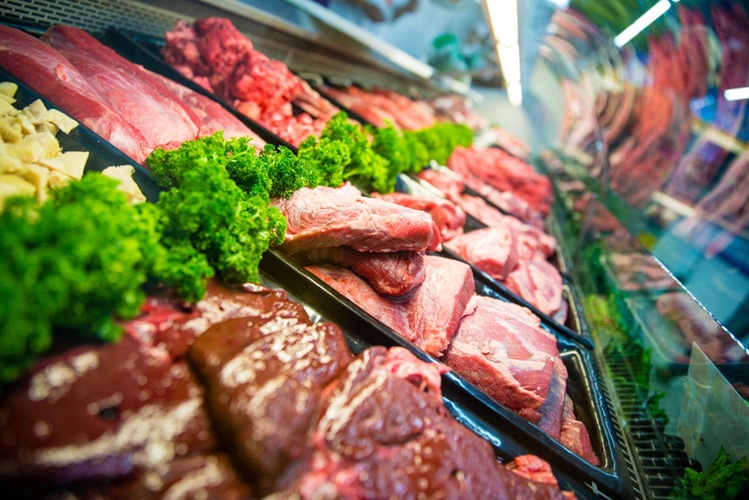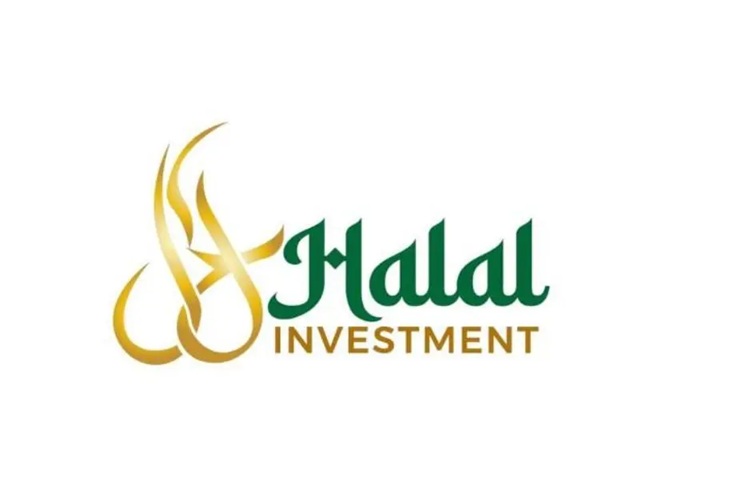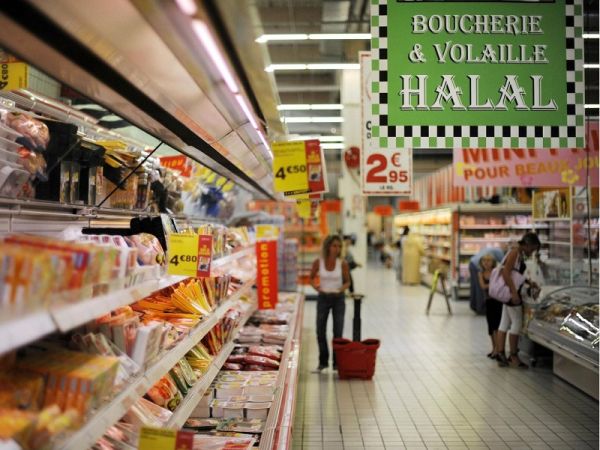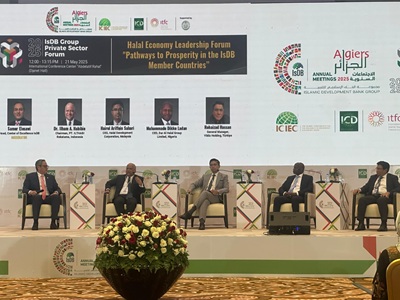Maeeshat News Network | Mumbai
The global halal market, encompassing products and services compliant with Islamic Sharia law, has emerged as a powerhouse in the world economy, valued at USD 7.7 trillion in 2025 and projected to reach USD 10 trillion by 2030. Driven by a growing Muslim population, rising disposable incomes, and increasing demand for ethical and sustainable products, the halal industry spans food, beverages, pharmaceuticals, cosmetics, and tourism. India, despite being a non-Muslim-majority country, plays a significant role as one of the world’s leading exporters of halal products, particularly in the food sector.
The Global Halal Market: An Overview
The halal market caters to over 1.9 billion Muslims worldwide, representing 25% of the global population, and is expected to grow to 2.76 billion by 2050. The halal food and beverage sector dominates, valued at USD 2.71 trillion in 2024 and projected to reach USD 4,569.69 billion by 2030 at a compound annual growth rate (CAGR) of 9.56%. Beyond food, the market includes pharmaceuticals (USD 132 billion by 2022), cosmetics, and tourism, with Muslim travel spending forecasted to hit USD 283 billion by 2022. The industry’s appeal extends to non-Muslims, who value halal products for their stringent hygiene, ethical sourcing, and sustainability standards.
Key drivers of growth include the rising Muslim middle class, particularly in Southeast Asia and the Middle East, with consumer spending on halal food reaching USD 1.38 trillion in 2024. Technological advancements, such as blockchain for supply chain transparency and e-commerce platforms, have boosted accessibility, with online halal sales growing at 15% annually. Sustainability trends, aligning with halal principles of ethical production, further enhance the market’s global reach.
Muslim-majority countries like Malaysia, Indonesia, and Saudi Arabia lead in consumption and certification, but non-Muslim-majority countries, including India, Brazil, and Australia, dominate as exporters. India, in particular, has carved a niche as a major supplier of halal meat and agricultural products, leveraging its vast livestock resources and strategic trade policies to meet global demand.
India’s Role in the Halal Market
India is one of the world’s largest exporters of halal meat, particularly buffalo meat (often referred to as “carabeef”), which constitutes over 50% of its meat export market. In 2024, India’s halal meat exports were valued at approximately USD 3.2 billion, making it a key supplier to Muslim-majority countries in the Middle East, Southeast Asia, and North Africa. The country’s agricultural exports, including rice, spices, and processed foods, also increasingly carry halal certification to tap into this lucrative market.
India’s halal exports are facilitated by its robust livestock sector, with over 535 million livestock, including the world’s largest buffalo population. The country’s meat industry, centered in states like Uttar Pradesh, Maharashtra, and Andhra Pradesh, has invested heavily in halal-compliant slaughterhouses and processing facilities. Companies like Allanasons Pvt. Ltd., Al Kabeer Exports, and Hind Agro Industries lead the sector, exporting to over 70 countries, including Saudi Arabia, UAE, and Malaysia.
The Indian government supports this growth through policies like the India Conformity Assessment Scheme (I-CAS) – Halal, updated in 2024 to streamline certification for exports to Organization of Islamic Cooperation (OIC) countries. The Agricultural and Processed Food Products Export Development Authority (APEDA) plays a pivotal role, ensuring compliance with international halal standards and facilitating trade agreements. In 2024, India signed export deals with Saudi Arabia and Indonesia, boosting halal meat and rice shipments by 12% compared to the previous year.
Several Indian companies have emerged as leaders in the halal export market:
Allanasons Pvt. Ltd.: As India’s largest beef exporter, Allanasons accounts for nearly 25% of the country’s halal meat exports. With state-of-the-art processing plants certified by JAK IM (Malaysia) and MUIS (Singapore), the company supplies halal buffalo meat to the UAE, Indonesia, and Qatar, generating revenues of USD 800 million in 2024.
Al Kabeer Exports: Specializing in frozen halal meat and ready-to-eat products, Al Kabeer caters to Middle Eastern markets, with a focus on Saudi Arabia and Kuwait. Its 2024 launch of halal-certified plant-based meat alternatives reflects India’s adaptation to global trends.
Hind Agro Industries: This Uttar Pradesh-based company exports halal meat to over 40 countries, with a strong presence in North Africa. Its compliance with EU and OIC halal standards has positioned it as a trusted supplier, contributing USD 500 million to India’s export revenue in 2024.
Amroon Foods: Focused on halal poultry and processed foods, Amroon has expanded into Southeast Asia, leveraging India’s competitive pricing and halal certification to capture market share in Malaysia and Brunei.
These companies benefit from India’s cost-effective production, with halal meat priced 20-30% lower than competitors like Brazil and Australia. India’s proximity to Middle Eastern markets also reduces shipping costs, giving it a competitive edge.
Challenges Faced by Indian Exporters
Despite their success, Indian halal exporters face several challenges. First, inconsistent global halal certification standards create compliance hurdles. While Malaysia’s JAKIM and Indonesia’s BPJPH set stringent benchmarks, varying requirements across markets increase costs for exporters. Second, domestic political sensitivities around cattle slaughter, particularly in India’s northern states, lead to sporadic bans and supply chain disruptions. In 2023, temporary restrictions in Uttar Pradesh reduced meat exports by 8%, impacting halal shipments.
Animal welfare concerns also pose challenges, as international buyers demand humane slaughter practices. Indian exporters have responded by adopting stunning techniques compliant with OIC standards, but implementation remains uneven. Additionally, competition from Brazil and Australia, which have larger-scale operations and government-backed export incentives, pressures Indian firms to innovate continuously.
Opportunities and Innovations
The halal market offers significant opportunities for Indian exporters. The Middle East, with its 80% reliance on imported halal products, remains a prime target. Saudi Arabia’s Vision 2030, aiming to localize halal production, has opened doors for Indian firms to partner with local companies, as seen in Al Kabeer’s 2024 joint venture with a Saudi distributor. Southeast Asia’s growing demand, particularly in Indonesia’s USD 303.5 billion halal market, presents another avenue for expansion.
Indian exporters are embracing technology to stay competitive. Blockchain-based traceability systems, adopted by companies like Allanasons, ensure transparency from farm to fork, addressing consumer concerns about authenticity. E-commerce platforms like IndiaMART have boosted halal food sales, with a 25% increase in online exports in 2024. Additionally, India’s focus on halal-certified plant-based foods aligns with global sustainability trends, attracting environmentally conscious consumers in Europe and North America.
The Indian government’s “Make in India” initiative supports exporters through subsidies for halal certification and trade fairs. Events like the World Halal Summit 2024 in Istanbul, where Indian firms showcased spices and processed foods, have enhanced global visibility. APEDA’s collaboration with the Halal India Certification body ensures compliance with international standards, further strengthening India’s position.
Economic and Social Impact
The halal export industry employs over 2 million people in India, from farmers to processing workers, contributing significantly to rural economies. In Uttar Pradesh, the meat export sector generates USD 1.5 billion annually, supporting livelihoods in marginalized communities. The industry also promotes inclusivity, with halal certification creating jobs for Muslim scholars and auditors trained in Sharia compliance.
The global halal market’s exponential growth offers immense potential for Indian exporters, who have established themselves as key players through competitive pricing, robust certification, and strategic trade policies. Companies like Allanasons, Al Kabeer, and Hind Agro Industries lead the charge, capitalizing on India’s vast livestock resources and government support. Despite challenges like certification complexities and domestic regulations, Indian exporters are leveraging technology and innovation to expand their global footprint. As the halal market continues to evolve, India’s role as a trusted supplier underscores its ability to bridge cultural and economic divides, contributing to a thriving global industry.






0 Comments